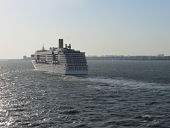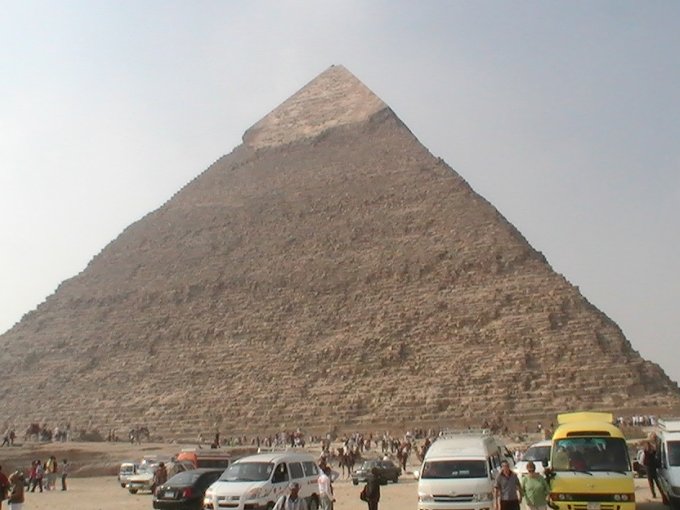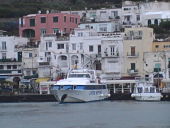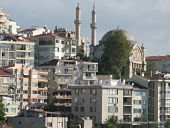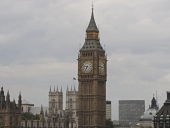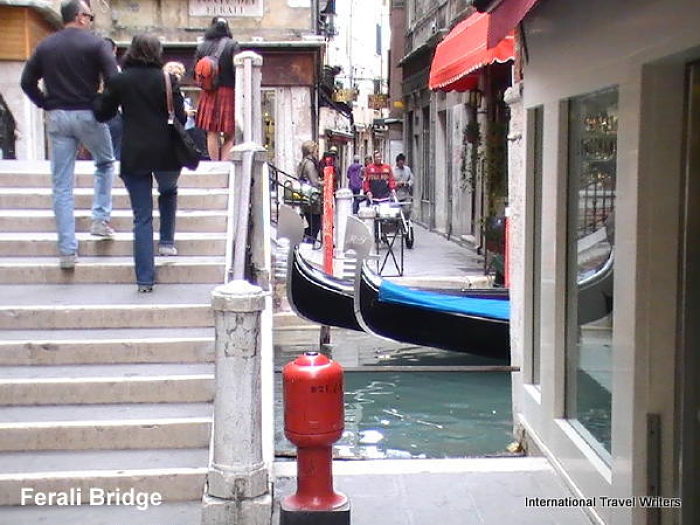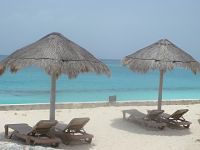Life on the Road - Base of Operations
(by T.W. Anderson)

When it comes to life on the road, there's something to be said for having a semi-permanent or a permanent base of operations. Long-term readers know that I am not a fan of living out of hostels or hotels. My preference is for long-term apartment rentals, and there are dozens of reasons for that.
I talked about it briefly in the previous episode in regards to how not having a permanent basis of operations is one of the downsides to a life on the road. Sometimes it is simply more convenient to have a home base than not.
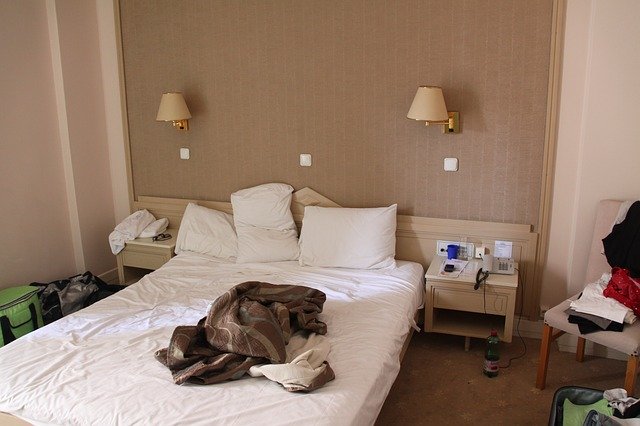
Hostels are the perfect example of why I prefer to have a base. There is no security in a hostel environment where your backpack and your laptop and all of your travel gear is either stored in a room with a flimsy door separating it from the dozens or more guests that wander through, or in the case of a locker, nothing more than a cheap little padlock or, worse yet, a rusted out locker door or a flimsy piece of wood that can be easily broken.
A base of operations is about more than simply the security of your travel gear. It is also about the stress factor, which goes back to last week's episode. Having a base of operations means that you have the peace of mind knowing that you can have a place to call home, even if that is only for a few weeks or a few months at a time.

Just because you have a home base of operations does not mean you are not living the location independent lifestyle. It simply means that you have a place where you can unwind, unpack, store your gear, get some office work done, take a load off, and ultimately use as your hub for future travels.
A home base in the sense of a life on the road is not a permanent home. Think of it as an outpost for your further explorations. While you can certainly purchase a piece of property to use as at headquarters, rather cheaply as described in the video, those of us who are continually on the road tend to rent long-term apartments for a reasonable fee that we can then use while we are exploring the local area or while we are traveling to new destinations and exploring those.
Since I practice the art of slow travel, my whole format is setting up a headquarters in the area where I want to explore for a year or so, and then using that as a place where I can store my gear, plan my adventures and weekend trips, and also have a fully stocked kitchen, an actual office where I can get work done, as opposed to relying upon business centers and hostel Internet connections which may or may not work. Another benefit of having a base is that you can use it as a rental property when you have to go on the road for extended periods of time.
Airbnb is the perfect example of a way you can earn extra money while you are traveling to distant lands, and the more properties you have, the more money you can earn, which either goes towards providing for your life of travel or for your cost of living. As far as setting up the property goes, it's really as easy as renting and long-term apartment or condo in the destination you choose.
 |
 |
 |
As described in the video, long term rentals are very affordable and can generally be found for 400 or 500 dollars per month for a single individual or 600 to 800 dollars a month for a couple. Families can also rent houses in the six to eight hundred dollars a month range, provided that you speak the local language as we talked about in the episode on going native. As a general rule, the longer you are willing to stay in one area, the better rate you can get on the accommodation.
Anything under 3 months is generally considered to be a case in rental, while anything over 6 months is considered to be a long term rental. Regardless of how long you are going to be in one place, it makes sense to have a headquarters if for nothing else to simply have a place but you can call your own and know your gear is going to be safe without having to worry about strangers, sharing the bathroom, or dealing with annoying neighbors, midnight drunks or all of the other problems that come about from being a backpacker and living out of hostels.
T.W. Anderson has been traveling the world full-time since January of 2008. He is the author of books which detail how to build a blog, brand and income and travel the world without a budget. His website is Marginal Boundaries.com
Related Articles......
Return from Base of Operations to International Travel Homepage
Having trouble finding what you need? International Travel Writers Index and Map
OR
Do you have a travel experience or story to share? Share your travels here!
By Carolynne Woods, © Copyright 2010-2020. International Travel Writers.com All rights reserved images and text







